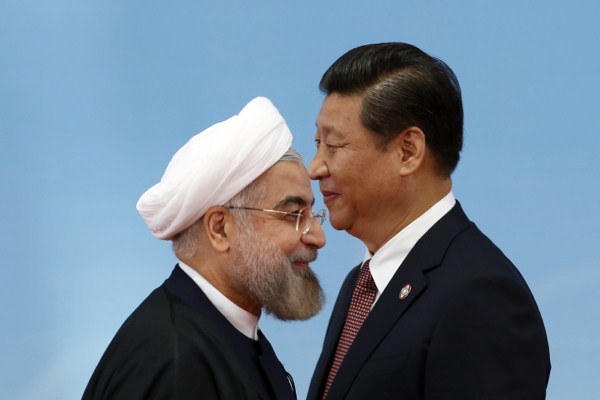Two Chinese warships paid a port call to Iran over the weekend, in advance of a four-day joint naval exercise with the Iranian navy that was reportedly to begin Monday. The visit highlights China’s ties with Iran, at a time when the outcome of international negotiations over Iran’s nuclear program remains uncertain.
As those negotiations resume, China seems to be the least concerned of all the parties about their outcome. This apparent indifference is understandable: Iran is physically distant from China; has not threatened China directly or through supporting terrorism targeting China; and is not China’s only source of Middle Eastern oil. In sum, Iran is not a vital national interest for China, making Beijing’s Iran policy fluid, flexible and susceptible to outside influence.
China does not want Iran to obtain or even pursue nuclear weapons, as doing so could raise the prospect of a war in the Middle East that would threaten China’s energy supplies and decrease its trade and investment opportunities. Iran’s acquisition of nuclear weapons could also lead additional countries beyond the Persian Gulf to seek them, including countries of greater security concern to Beijing, like Japan and South Korea. However, China opposes using force or severe sanctions to prevent Iran from developing a nuclear weapons capacity.

